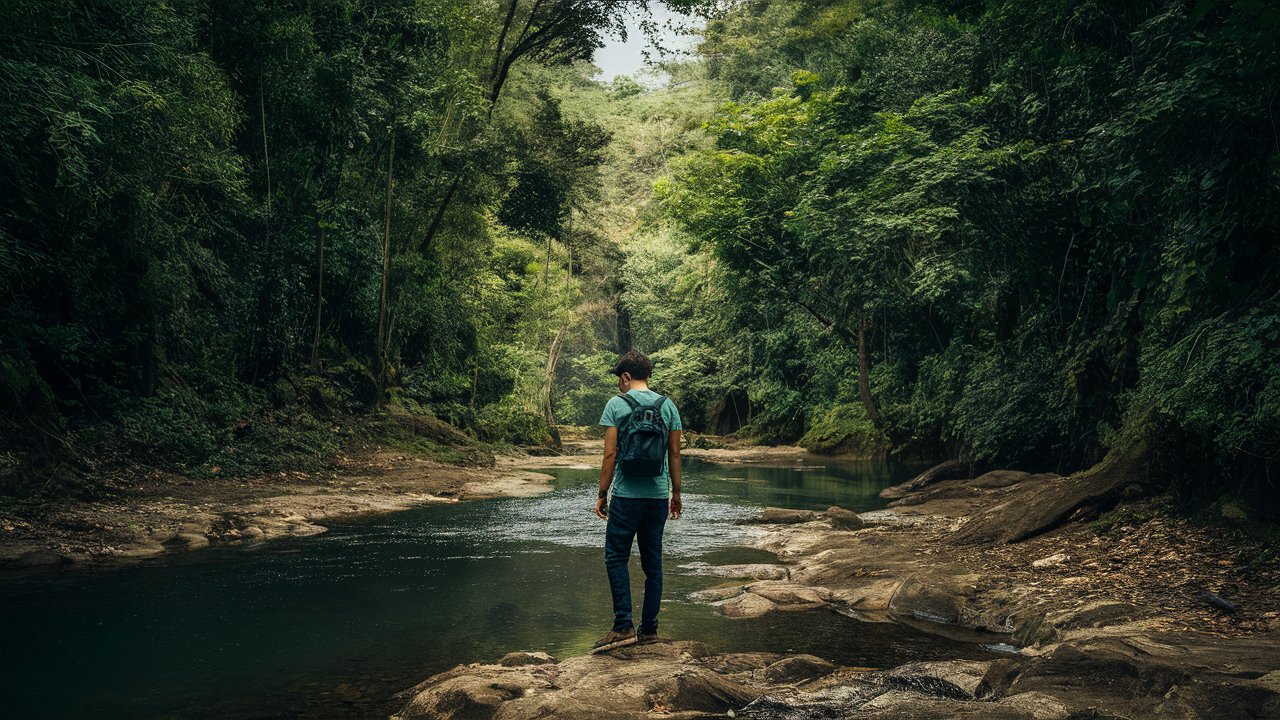1. Do not waste water even if you were at a running stream. quot 2021

Do not waste water even if you were at a running stream
Introduction:
Water is one of the most precious resources on our planet. It is essential for life, agriculture, and many other vital activities. Unfortunately, many people take water for granted and waste it without thinking about the consequences. Even if we were at a running stream, we should not waste water. In this essay, we will explore why wasting water is a serious issue, the various ways water is wasted, and what can be done to conserve water.
The Importance of Water Conservation:
Water conservation is essential because water is a finite resource, and its availability is not guaranteed. The world’s population is increasing rapidly, and with it, the demand for water is also increasing. Water scarcity is a significant issue in many parts of the world, and it is predicted that it will only get worse in the future. In addition to the population growth, climate change is also affecting the availability of water. Changes in rainfall patterns and increased temperatures are making it harder to provide water to everyone who needs it.
The Ways Water is Wasted:
There are many ways water is wasted, both in our daily lives and in industries. Some of the ways water is wasted include:
- Leaky faucets: A leaky faucet can waste hundreds of gallons of water every year.
- Overwatering lawns and gardens: Overwatering lawns and gardens can lead to runoff and wasted water.
- Long showers: Taking long showers can waste a significant amount of water.
- Running water while brushing teeth: Running water while brushing teeth can waste a lot of water.
- Irrigation of crops: Some farmers use inefficient irrigation methods, which lead to water wastage.
- Industrial uses: Many industries use water in their production processes, and some of them do not have efficient water management systems, leading to water wastage.
The Consequences of Water Wastage:
Water wastage has many negative consequences, both for individuals and the planet as a whole. Some of the consequences of water wastage include:
- Water scarcity: Wasting water can lead to water scarcity in some areas, making it difficult for people to access clean water.
- Environmental degradation: Wasting water can lead to environmental degradation, such as soil erosion and desertification.
- Increased water bills: Wasting water can lead to increased water bills, which can put a strain on people’s finances.
- Energy waste: The production of water requires a significant amount of energy, and wasting water means that this energy is wasted.
- Climate change: The production and distribution of water contribute to greenhouse gas emissions, which contribute to climate change.
What Can be Done to Conserve Water:
Water conservation is everyone’s responsibility, and there are many ways we can conserve water. Some of the ways we can conserve water include:
- Fixing leaks: Fixing leaks is a simple and effective way to conserve water.
- Water-efficient appliances: Using water-efficient appliances such as low-flow showerheads, toilets, and washing machines can help conserve water.
- Water-efficient landscaping: Planting native plants that require less water and using water-efficient irrigation methods can help conserve water.
- Recycling water: Recycling greywater, which is water from sinks, showers, and washing machines, can be used for watering plants and flushing toilets.
- Education: Educating people about the importance of water conservation can help raise awareness and encourage people to conserve water.
Conclusion:
In conclusion, water is a precious resource that we must conserve. Water wastage has many negative consequences, including water scarcity, environmental degradation, increased water bills, energy waste, and climate change. There are many ways we can conserve water, such as fixing leaks, using water-efficient appliances, water-efficient landscaping, recycling water, and education. Therefore, we should not waste water.
Visit:https://techinsightguru.com/